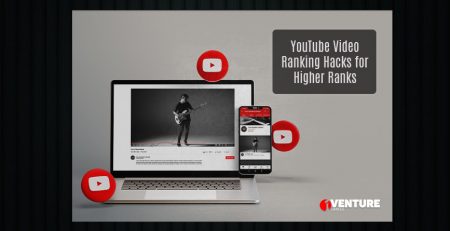Top 10 Influencer Marketing Strategies to Follow

What is Influencer Marketing?
Who are Influencers?
10 Key Influencer Marketing
Strategies to Follow
If you are planning to brush up your influencer marketing strategy, here are 10 key points to follow:

1. Do Research First
2. Find Influencers in Your Niche
If you want to know if an influencer is relevant to your service, you could check to see if they write about Is there any truth to these claims? Or, have they already collaborated with comparable brands?
Usually, discovering influential people on Twitter or any other social media network is possible with the use of analytics tools. You can see who is having the most impact on the masses in your field by conducting a search based on the topics people discuss.
Also, you may utilize influencer marketing tools to search through their extensive databases of influencers for those who are active in your industry.
When developing an influencer marketing strategy, the sector in question is obviously crucial. Generally, Instagram and YouTube, for instance, are hot spots for fashion and cosmetics firms. However, Twitch is mostly used by the video game sector.

3. Allow Creative Freedom
4. Focus on Creating a Story
5. Keep Track of the Budget

6. Plan Contents before Hand with the Influencer
7. Let the Influencer Engage in Activities
8. Analyze and Audit Your Content












Leave a Reply